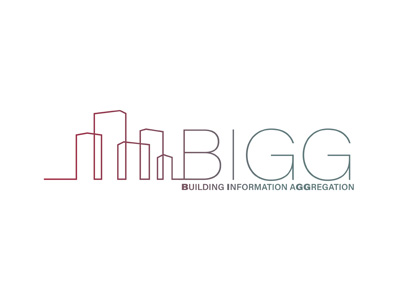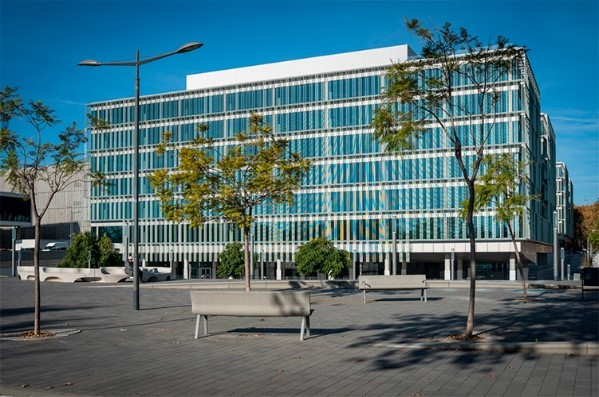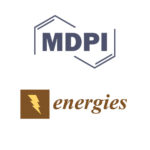
BIGG Project Catalan pilot: Business and use cases
As part of BIGG architecture, the project aims at developing an open, cloud-based building-related data analytics toolbox – supporting different data analysis techniques – extensible to support third party developments and a wide range of services. This Toolbox will be validated in Pilots under following objectives:
- The evaluation of the applicability of the designed BIGG platform to support diverse real-world business scenarios, in terms of defining the KPIs (from technical, business and/or legal perspectives), and collecting monitoring information to check KPIs are met;
- The performance of cross-pilot evaluations of the different business scenarios.
The following picture represents a high-level view of the 6 business cases considered in the BIGG pilots.

BIGG Catalan Pilots Business Cases
The Catalan pilots focus on the needs of the public administrations to enhance the data gathering and analysis for monitoring the performance and improving the energy efficiency of the building stock.
Business Case 1:
Benchmarking and energy efficiency tracking in public building
This business case pursues to get the greatest value from the energy information to improve the identification of energy efficiency measures on most of public buildings of the Catalonian Government, by monitoring their consumptions. Its main features are:

- Open big data infrastructure for storing all building data in one place and monitor performance.
- Energy benchmarking using data analytics developed in the project.
- Continuous gathering of data from different sources, linked to energy consumption, investments in energy measures, information on users
The main actors identified are, around 100 energy managers, responsible for the management of public buildings having a weekly or monthly interaction with the energy management tool, around 20 to 30 policy makers responsible for planning actions to improve energy performance of buildings with a monthly or bi annually interaction with the tool, and about 10 public authorities on special interest on general building trends, having semiannual or annual interaction with the management tool.
The Datasets that will be used to facilitate this business case, provided by some partners are:
- Basic systems description, energy consumptions and EEM for 4000 public buildings of the Catalan government.
- Monitoring data of 272 Catalan public buildings.
- Equipment inventory, preventive and corrective maintenance actions of these 272 buildings.
- Control data of HVAC systems for 40 public buildings.
- Spanish Municipal data.
Use cases for Business 1:
Business Case 2:
Energy Performance Certification (EPC)
The purpose of this business case is to improve the current state of energy certification data,
- By providing an open big data infrastructure to store EPC data and its mapping in an harmonized way;
- By the use and update of data throughout the life-cycle of buildings and not only occasionally, as it is usually the case.
The main actors to be involved in this pilot are policy makers and politicians, who are key for decision-making process. Other actors interested would be: citizens, insurance companies, financial entities, public entities, administrations, constructors and energy refurbishment companies.
This EPC business case is fed by the following datasets:
- Energy certifications of 1.000.000 Catalan buildings comprising residential and Tertiary buildings.
- Spanish Municipal data
This business case consists, as well, in two use cases:

The main actors to be involved in this pilot are policy makers and politicians, who are key for decision-making process. Other actors interested would be: citizens, insurance companies, financial entities, public entities, administrations, constructors and energy refurbishment companies.
This EPC business case is fed by the following datasets:
- Energy certifications of 1.000.000 Catalan buildings comprising residential and Tertiary buildings.
- Spanish Municipal data
Use cases for Business 2:
Business Case 3:
Building Life Cycle, from planning to renovation

The main objective of this business case is to facilitate the interoperability between the different tools and their datasets that can be used during the whole building cycle life.
The interoperability must ensure the data exchange between systems and applications, facilitating the reuse of data between them, reducing the cost of setting and giving more value and new advanced services of data processing for the buildings.



























